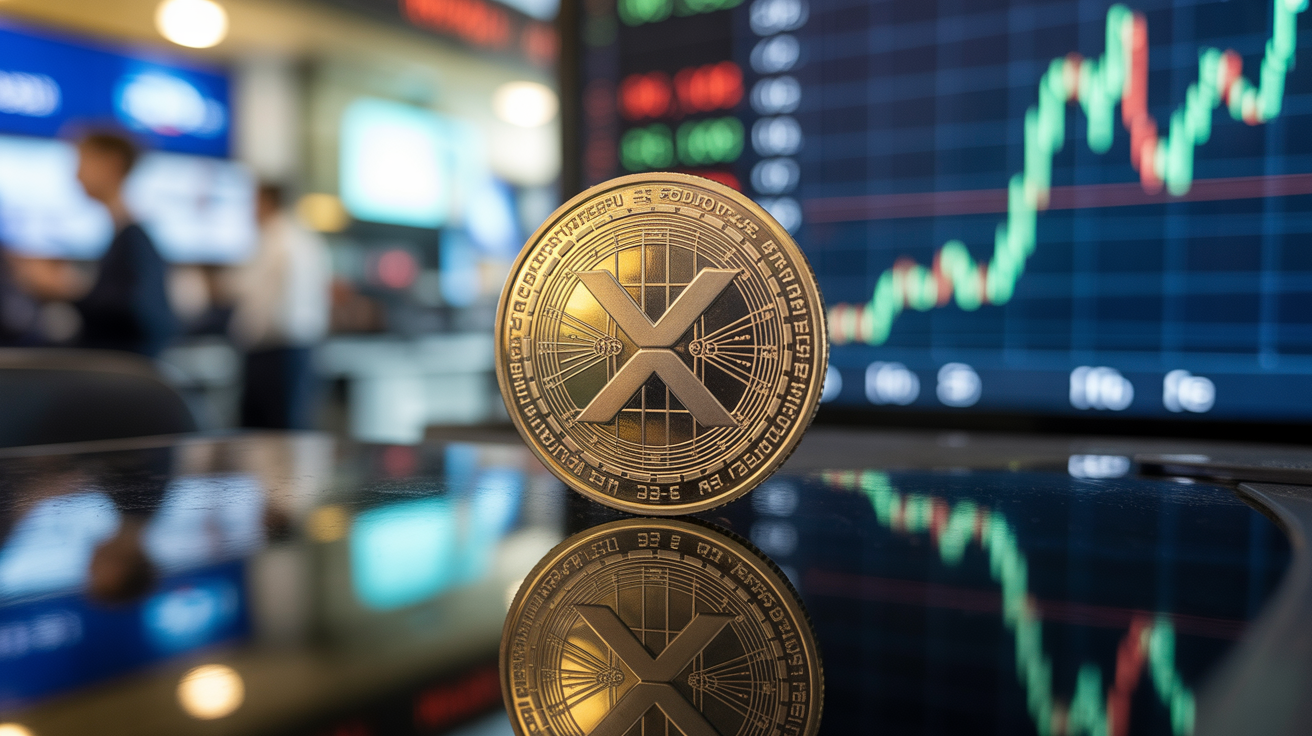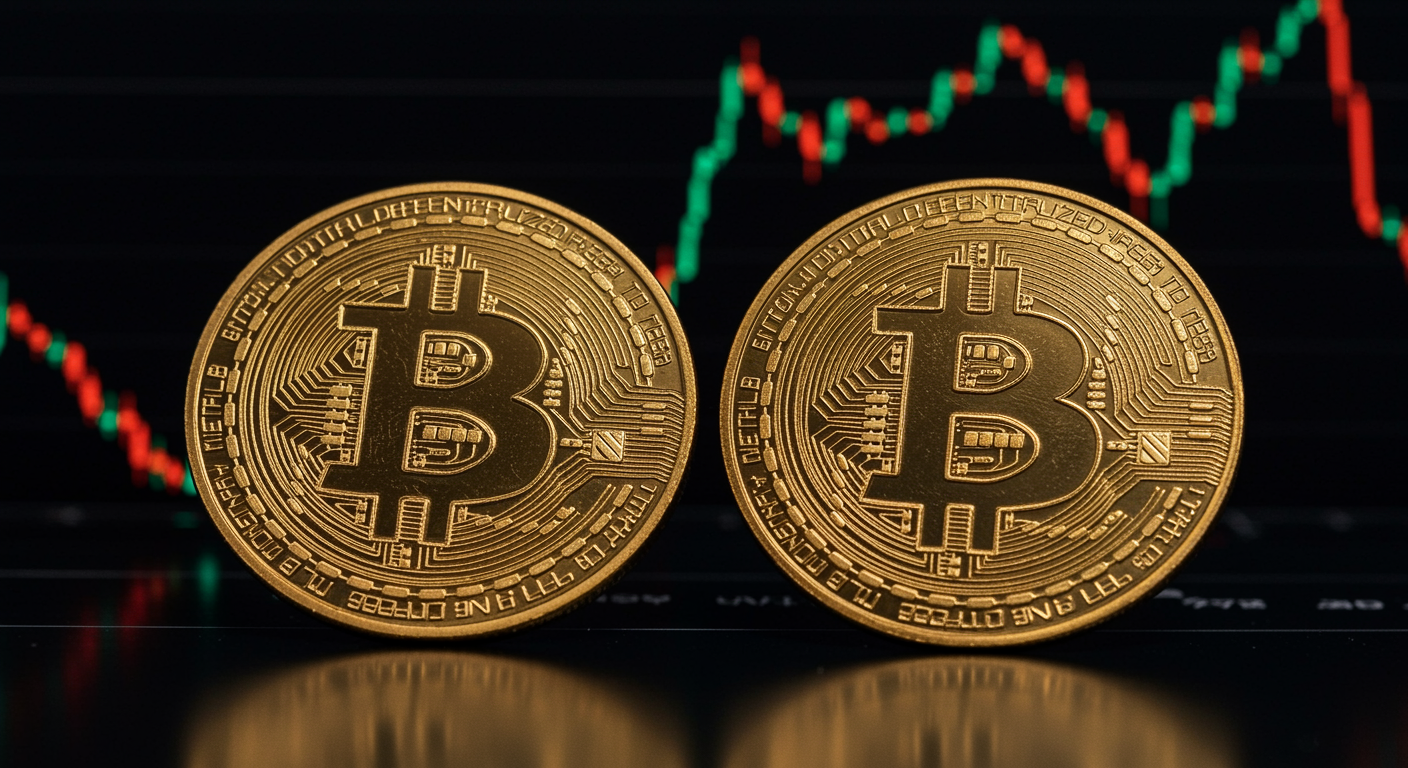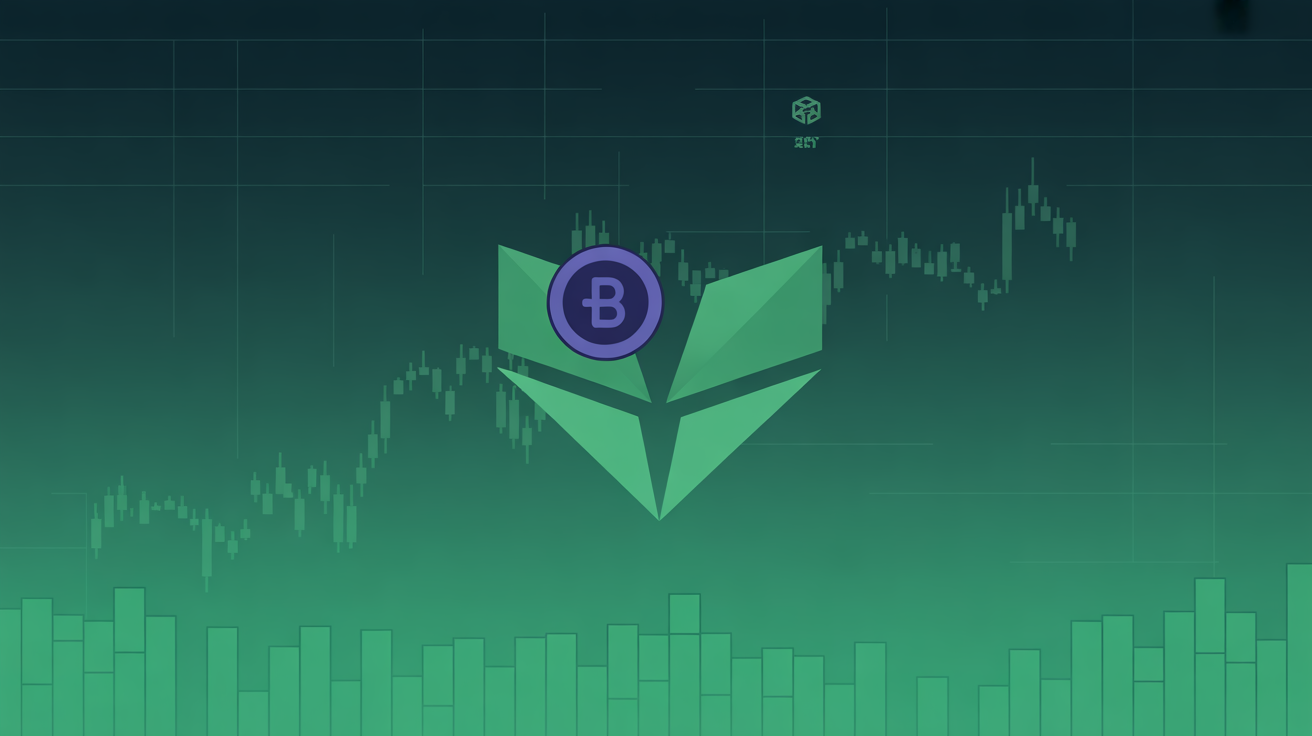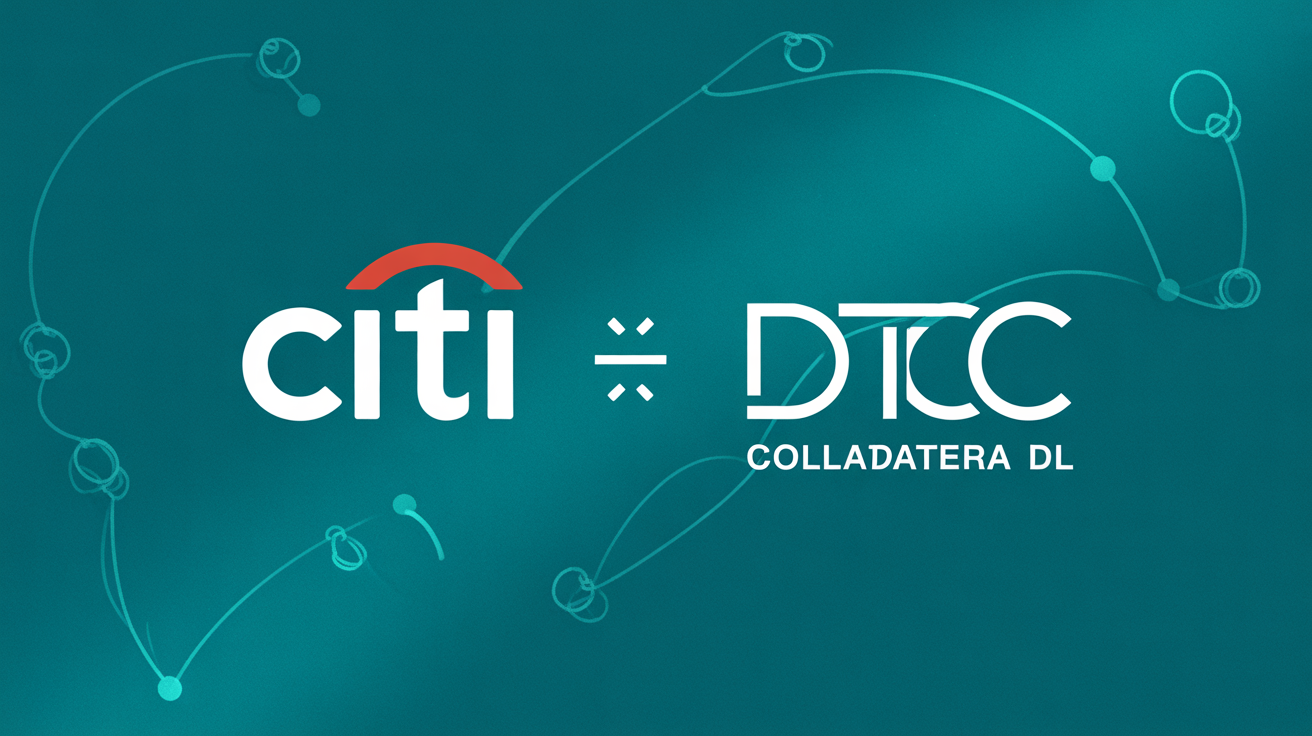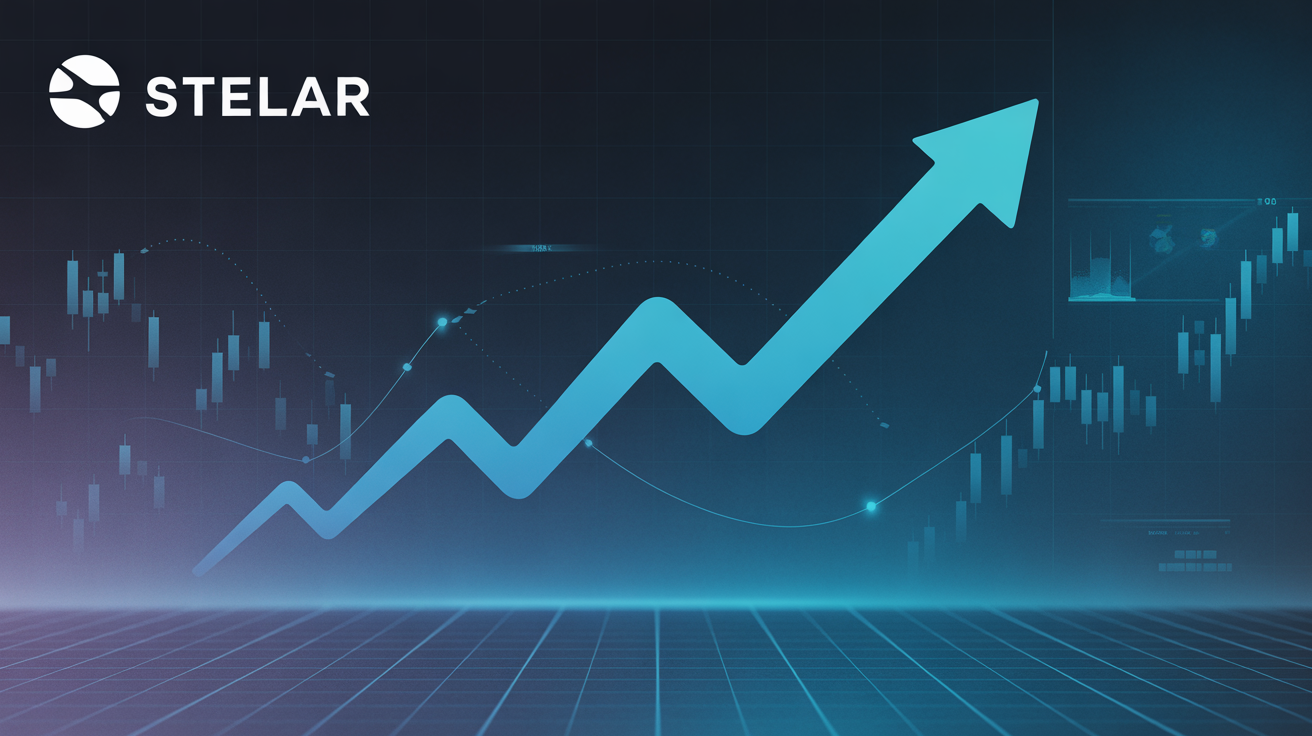JPMorgan’s recent report reveals that MicroStrategy (MSTR), the software firm founded by Michael Saylor, is not the only large corporate buyer of bitcoin (BTC). According to the report, crypto miners are also adopting a similar bitcoin accumulation strategy.
This shift toward accumulating bitcoin is primarily driven by increasing pressure on profitability, particularly following the reward halving in April and the rising network hashrate. The hashrate, which measures the total computational power used to mine and process transactions on a proof-of-work blockchain, is also an indicator of industry competition and mining difficulty.
JPMorgan analysts, led by Nikolaos Panigirtzoglou, suggest that this shift is likely pushing miners to either hoard bitcoin or seek new investment opportunities in sectors like artificial intelligence (AI) and high-performance computing (HPC).
Companies such as MARA Holdings (MARA) have adopted a bitcoin-buying strategy similar to MicroStrategy’s BTC yield approach, the report states. MARA, now holding 35,000 BTC ($3.5 billion), has become the second-largest publicly traded company in terms of bitcoin holdings.
In addition to miners, other corporate entities are also increasing their bitcoin holdings. For instance, medical-device maker Semler Scientific has invested heavily in the cryptocurrency, now owning $144 million worth.
The launch of spot bitcoin exchange-traded funds (ETFs) in the U.S. in January has provided institutional investors with a more straightforward method of gaining exposure to bitcoin. As a result, shares of mining companies, which were previously seen as a proxy for bitcoin, have underperformed.
JPMorgan also noted that miners are increasingly opting to finance their operations through debt and equity offerings, rather than selling off their bitcoin reserves to cover operational expenses. In fact, miners have raised over $10 billion in equity so far this year, surpassing the previous record of $9.5 billion in 2021.




